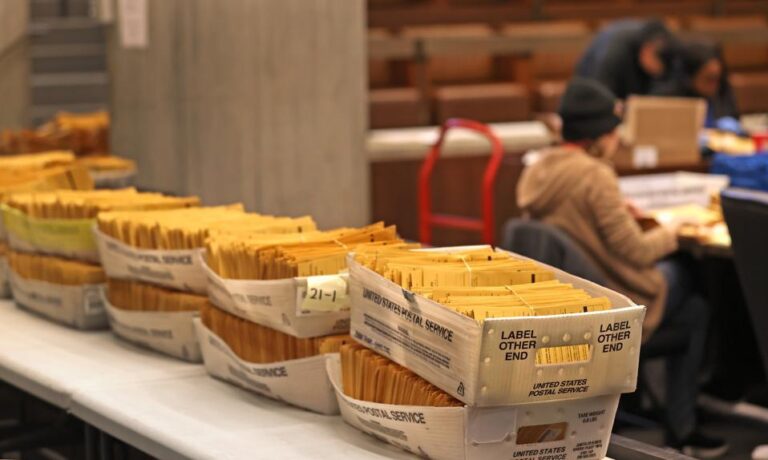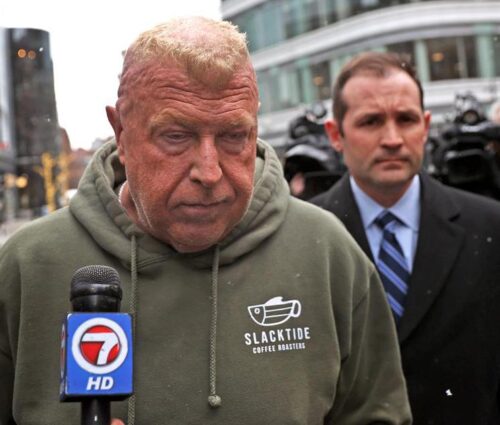Boston election clerk Ryan Evaul knew early in the day on Nov. 5 last year that his precinct in Charlestown had nowhere near enough ballots.
For a special election, in which voter turnout is expected to be low, the precinct typically receives 2,000 ballots, Evaul told the Globe. On Election Day last year, with a presidential race on the ballot and high expected turnout, the polling location he was staffing started with around 600 to 800.
Evaul, 29, and his colleagues first reached out to the city’s elections department to ask for more around 10 a.m.
“We knew we needed to call early because we wanted to get that message out and let the elections department have enough time to be able to get us ballots,’’ Evaul told the city council in a public hearing Friday. “And then we still didn’t receive the ballots [until the evening], so that was where it was extremely frustrating.’’
Evaul shared his Election Day experience with the Boston City Council during a hearing Friday, in which the city’s top election officials told councilors the department received around 16,000 calls on Election Day, many of which went unanswered.
The council scheduled Friday’s hearing to try to understand what led to the widespread failures on Election Day last November, in which precincts around the city ran far short of ballots and suffered voting machine breakdowns, then struggled to get in touch with the city’s elections department to report the problems.
Eneida Tavares, commissioner of the city’s elections department, assured the council Friday the department is committed to ensuring the city does not experience a repeat of those issues during the upcoming general election.
“No one wants to fail, no one wants to fail publicly, but … we’re going to demonstrate to everyone why we are the Boston election department and why we are the best election department across the state and across the country,’’ Tavares said.
“I am passionate about democracy and making sure that every voter has the access to vote, so I am just focused right now at making sure that we implement whatever we need to implement, so that going forward, this does not happen ever again,’’ she continued.
The department has hired a national, non-partisan consulting firm called The Election Group on a $50,000 contract to help the city improve training for poll workers and volunteers, develop new internal and external communication plans for elections, and adjust the protocol for determining how many ballots each polling location receives.
One option the city is considering is leveraging its 311 system on Election Day to ensure calls to the elections department are answered, but is open to any and all ideas for improvement, Tavares said.
Mayor Michelle Wu’s administration has also proposed increasing the department’s budget to help with those efforts next fiscal year from around $6.5 million to $7.4 million, a 13.6 percent increase.
Massachusetts Secretary of State William F. Galvin earlier this year placed the city’s Elections Commission into state receivership after his office investigated and confirmed reports of the widespread problems.
Galvin’s office also issued a list of fixes the city has to make moving forward to avoid a repeat of the problems in November, and appointed Michael J. Sullivan, the former head of the state’s campaign finance regulatory agency, to oversee the Boston elections department through 2026.
Niki Griswold can be reached at niki.griswold@globe.com. Follow her @nikigriswold.

